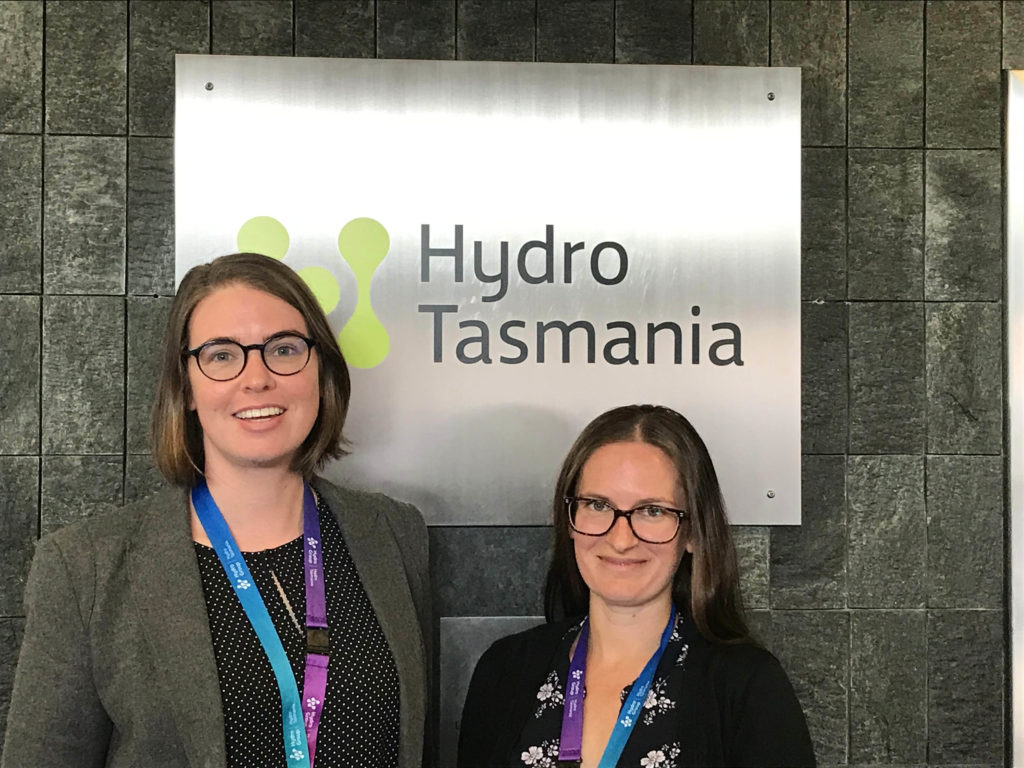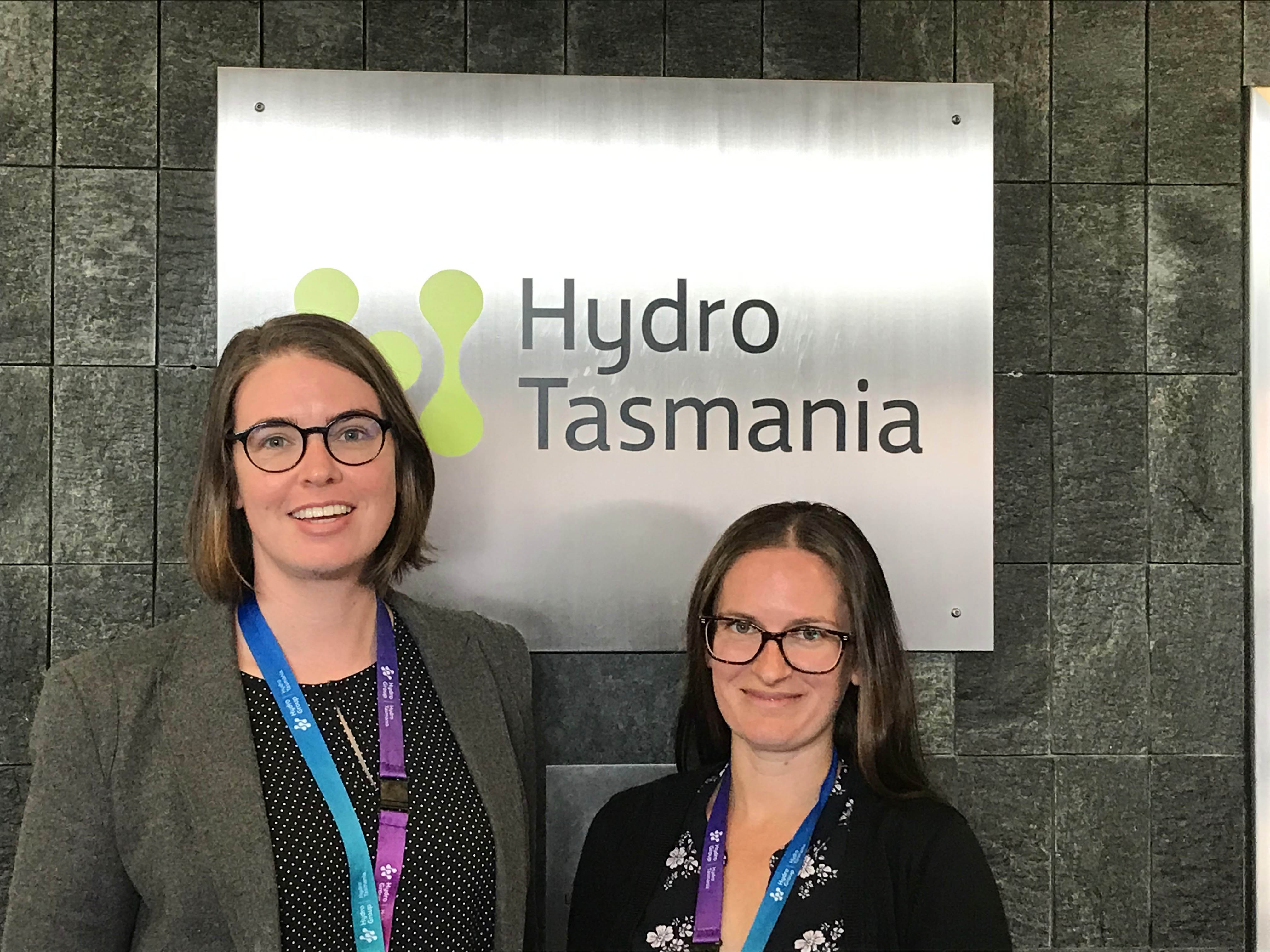Peer-to-peer mentoring is a powerful tool that has the potential to transform our personal and professional lives. In this fast-paced, ever-changing world, the benefits of learning from one another and growing together cannot be understated. Whether it’s in the workplace or in our personal lives, peer-to-peer mentoring allows us to tap into the collective knowledge and experiences of our peers, creating a positive impact that extends far beyond our initial expectations.
Learning from Each Other: The Benefits of Peer-to-Peer Mentoring
One of the greatest advantages of peer-to-peer mentoring is the opportunity to learn from one another. Traditional hierarchical mentorship structures often limit the flow of knowledge and expertise to a one-way street. However, with peer-to-peer mentoring, exchanging ideas and insights becomes a two-way process, fostering a culture of continuous learning. Whether it’s sharing best practices, problem-solving together, or simply bouncing ideas off one another, peer-to-peer mentoring allows us to tap into a wealth of knowledge that might otherwise go untapped.
Moreover, peer-to-peer mentoring breaks down the barriers of hierarchy, fostering an environment of trust and mutual respect. This sense of camaraderie not only enhances our own growth but also creates a supportive network where everyone is empowered to contribute and excel.
When engaging in peer-to-peer mentoring, we open ourselves up to a diverse range of perspectives and experiences. Each individual brings their unique background and expertise to the table, enriching the learning experience for all involved. The diversity of voices in peer-to-peer mentoring ensures a well-rounded and comprehensive learning journey.
Peer-to-peer mentoring also fosters a sense of accountability and motivation. When we have a peer mentor, we are more likely to stay committed to our goals and aspirations. The presence of a trusted peer who holds us accountable can provide the extra push we need to overcome challenges and achieve success. This mutual accountability creates a strong sense of motivation and encourages us to strive for continuous improvement.
Peer-to-peer mentoring also offers a safe space for personal and professional development. In a non-judgmental and supportive environment, we can openly discuss our strengths, weaknesses, and areas for growth. This vulnerability allows us to receive constructive feedback and guidance from our peers, helping us identify blind spots and develop strategies for improvement.
Lastly, peer-to-peer mentoring promotes networking and the expansion of professional connections. As we engage in meaningful conversations and collaborations with our peers, we build relationships that can extend beyond the mentorship experience. These connections can lead to future collaborations, career opportunities, and a broader professional network.
Growing Together: The Power of Mutual Support Through Peer-to-Peer Mentoring
One of the unique aspects of peer-to-peer mentoring is the power of mutual support. It’s not just a mentor guiding a mentee; it’s a reciprocal relationship built on trust and empathy. Peer mentors understand the challenges and struggles that their peers face because they have likely experienced them themselves. This shared experience creates a sense of belonging and understanding, making it easier to offer genuine support and guidance.
Through peer-to-peer mentoring, we can provide each other with the emotional and moral support needed to navigate through the ups and downs of life and work. We can celebrate each other’s successes, lend a helping hand during setbacks, and provide a safe space for honest conversations. Mutual support through peer-to-peer mentoring allows us to grow together, overcoming obstacles and achieving our goals collectively.
Chatting with Peer Mentors Lauren and Pippa
We sat down with a peer mentoring pair from Hydro Tasmania to chat about their mentoring journey so far – two incredible women navigating their careers and peer-to-peer mentoring connection, together. Meet Lauren Maher and Pippa Williams.

Lauren works as one of Hydro Tasmania’s Environmental Scientists. She provides advice on planning and policy matters, as well as general environmental advice across all of Hydro Tasmania’s regions, including the Bass Strait Islands
Pippa’s role is Strategic Analyst, Future Markets. This means she looks at the range of possible changes in our electricity system over the next 10 to 30 years and tries to ensure that Hydro Tasmania’s business strategy is robust and/or flexible to a wide range of outcomes.
What drew you to the Hydro Group Mentoring program?
Lauren: I am working towards progressing my career and felt that a mentor would help guide my journey as well as offer advice. Pippa and I have a pretty open approach. We generally meet over lunch (ideally in the sunshine when the Tasmanian weather permits!).
We are trying to practice active listening where one person comes to the conversation with a dilemma and the other has to listen without trying to solve the issue.
Our conversations have included how to have a difficult conversation as well as determining when to make a change in our career pathway.
Pippa: I hoped to gain a different perspective on how my career might progress. My career has taken a really interesting turn from my origins in engineering, and coming to the end of my master’s, my development focus is ready for a refresh. I want to make sure I keep driving my learning and development, rather than just hoping it will happen naturally.
It’s always useful to have different conversations and insights from around the business and the industry. Going into the program I hoped that it might help me connect with people who I haven’t worked with before.
Often, our first mentors aren’t labelled as ‘mentors’. They could be your current manager, a friend, or a teacher. We asked Lauren and Pippa to reflect on who their first mentors may have been.
Lauren: I have had some mentors in my journey so far, however, I have found it is often those that we don’t see as mentors to be the ones that really help you along the way. One day you look back and realise what a mentor they were to you.
Pippa: I’ve had a range of great mentors, although most of them have been quite informal. I liked the idea of building some more formal mentoring relationships, to provide perspectives from people who don’t have any vested interest in my career pathway.
What do you think makes your mentoring connection different from others?
Lauren: Pippa and I are exploring a peer-mentoring arrangement opposed to a more traditional connection. While working in different fields and roles, it feels that we face similar challenges both being women at a similar age.
Pippa: Our mentoring relationship is peer-to-peer. Apart from that though, we’re taking a fairly traditional approach – we take turns each session to be mentor/mentee, and the mentee comes prepared with a dilemma they want to work through. Because we are at similar places in our career, I find this discipline really useful in ensuring we both get the most out of each session, rather than just chatting.
How did it all begin?
Hydro Tasmania run a ‘blended matching’ program with Mentorloop, where participants can be matched in a variety of ways. It can be via the Mentorloop algorithm, manually matched by the Program Coordinator at Hydro Tasmania, or self-selected, as Pippa did when she reached out to Lauren.
Lauren: Pippa was the one to reach out to me to see whether a peer-mentoring arrangement would interest me.
Pippa: I was looking to see who had signed up to the platform, and I thought Lauren was someone I could really learn from, despite our relatively similar career stage.
What do you think the ‘secret’ to a successful mentoring relationship is?
Lauren: We are trying to ensure we get something out of our catch ups opposed to just having a social catch-up. This can be hard depending on the direction of the conversation but we have found if we have a topic or dilemma to discuss prior to meeting it helps us get back on track.
Pippa: Agreed – it’s always a balance because you need to get along well with your mentor, but if you do, then staying on track requires discipline.
How would the industry would look, without a mentoring program such as this?
Pippa: This industry is changing rapidly and there’s (rightly) a huge focus on technical aspects. However to deliver the energy transformation, we will need lots of clever, engaged people working collaboratively on the issues. This is a large, multifaceted challenge, and facilitating opportunities for people already in the industry to develop and learn from one another is an important component of that.
Lastly, any advice for others?
Lauren: Don’t be afraid of forming new connections – especially with your peers!
Pippa: Reaching out can be scary, but it’s worth a try – worst case scenario, you have a coffee with someone interesting!
Creating a Positive Impact with Peer-to-Peer Mentoring
Peer-to-peer mentoring not only benefits individuals but also has a broader impact on teams and organizations. When individuals come together to learn and grow, the entire collective benefits. By unlocking the potential within ourselves and our peers, we create a ripple effect that spreads throughout our personal and professional spheres.
Peer-to-peer mentoring enhances teamwork, collaboration, and overall job satisfaction. It fosters a culture of continuous improvement, where everyone is motivated to achieve their full potential. When teams embrace peer-to-peer mentoring, they tap into the collective intelligence and creativity of their members, leading to increased innovation and problem-solving capabilities.
Furthermore, the positive impact of peer-to-peer mentoring extends beyond the workplace. It enriches our personal lives, creating a support system that can withstand challenges and celebrate achievements. The connections we form through peer-to-peer mentoring can last a lifetime, providing us with lifelong friendships and invaluable networks that extend far beyond our initial mentoring relationships.
If you’re interested in learning more about how Mentorloop has helped thousands of mentors and mentees find meaningful relationships which have helped shape their careers, speak to one of our mentoring specialists today.
Chat to a mentoring specialist




